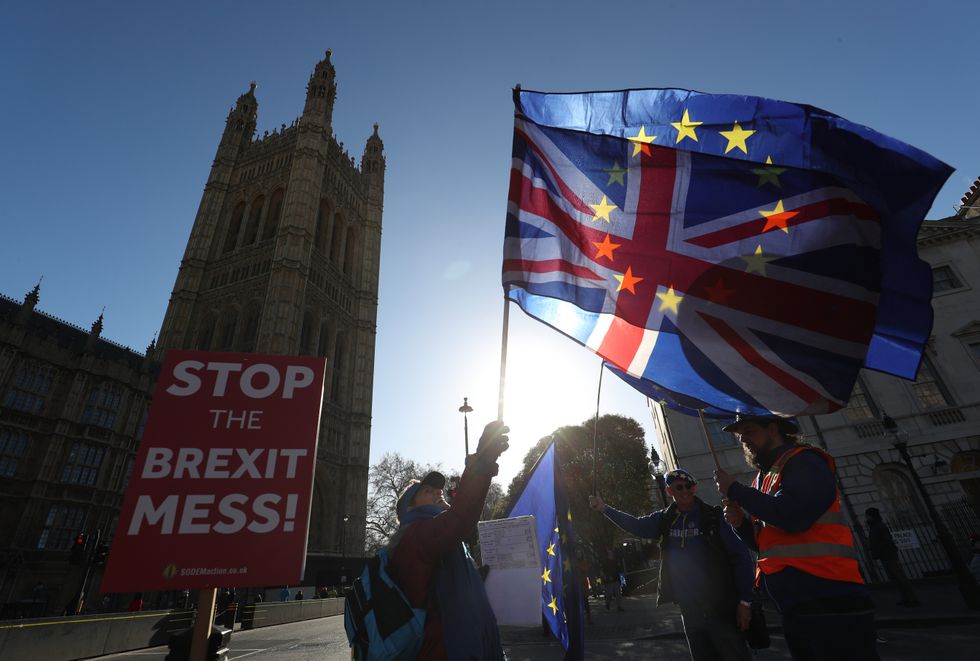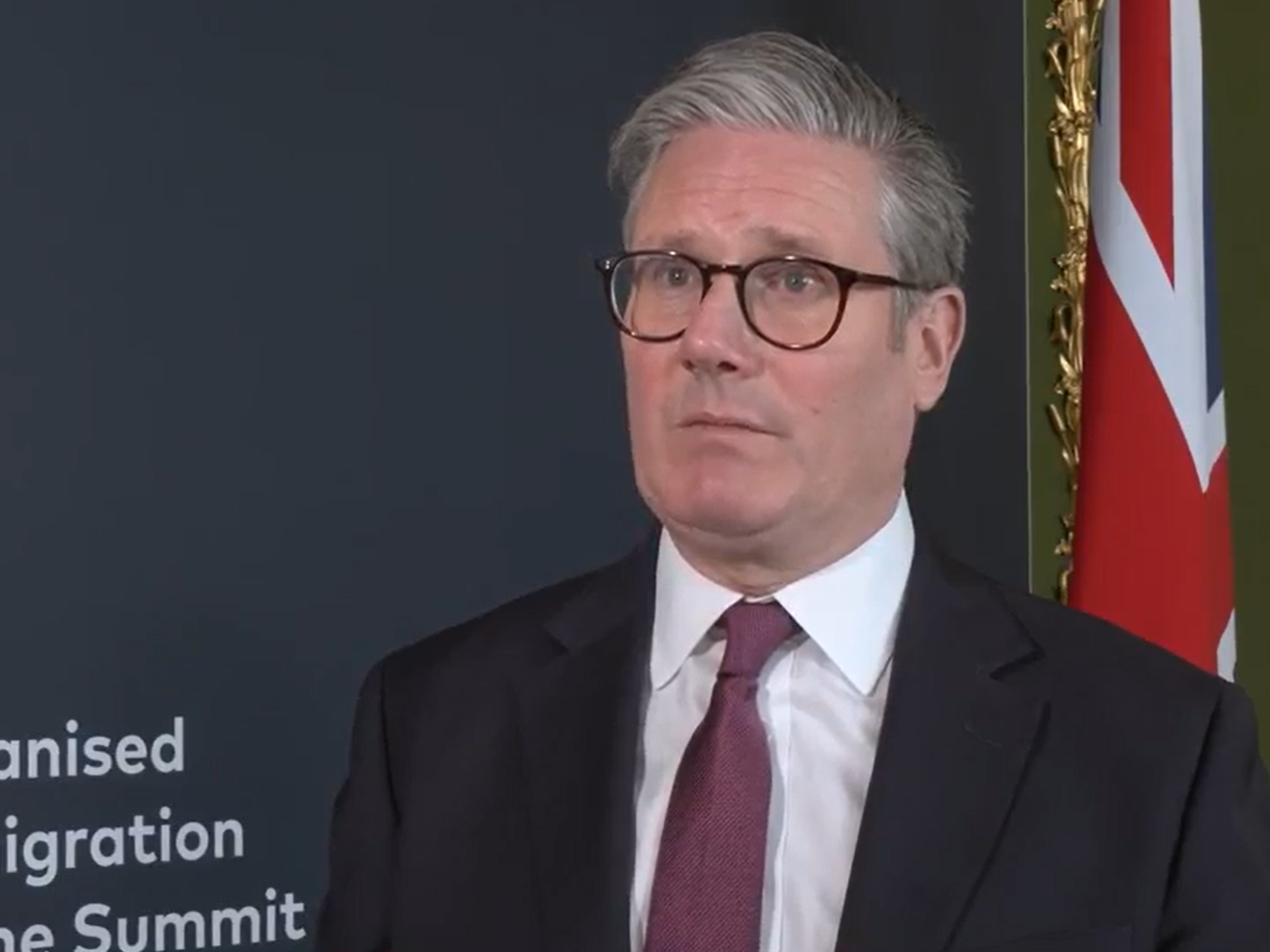Brexit-bashing activists' 'dire' warnings are WRONG says Andrew Bailey: 'It's protected us!'
Andrew Bailey has said the long-terms affects of Brexit look to be positive
The Governor of the Bank of England has said leaving the EU has 'created oppurtunties'
Don't Miss
Most Read
Trending on GB News
Brexit has “created opportunities” and “protected” Britain, the governor of the Bank of England has said.
Andrew Bailey said that Britain has overcome “pretty dire” warnings that Brexit would damage the country.
Whilst he admitted that the short-term impacts of leaving the Union were negative, Bailey said the future looks bright for the UK post-EU.
“I think the post-Brexit landscape does give us opportunities,” he said.
WATCH NOW: Should Britain re-join the EU?
“If you reduce the openness of an economy, in the short run it will have negative effects,' he said. 'It will have a negative effect on productivity, it will have a negative effect on growth... that's the point about openness.
“In the longer run, you know, those trading relationships adjust in the real economy and we build new trading relationships."
Bailey said that the UK has found great opportunities post-EU.
“You know, I’ve always said, not everything about EU regulation was best-suited to any national circumstances. If you go back to the period after the referendum, there were pretty dire predictions about the consequences of Brexit for the financial services world, for the City of London. And I think so far those effects have been smaller,” he told Prospect magazine.
The warnings came from economists, the Bank of England, and even Bailey himself.
Ahead of the 2016 referendum, Bailey, who was the deputy governor at the time, said that Brexit could weaken growth.
BREXIT LATEST:
He said that as part of the Bank of England, it was their job to warn Britons of the risks that comes with joining the global political world.
Central banks needed “to be prepared for whatever comes next. There could be very large shocks that we don’t know about at the moment”.
However, since 2016, figures have shown that UK growth has matched other major European economies.
Julian Jessop, economics fellow at the Institute of Economic Affairs, said that UK GDP has grown by 8.4 per cent since leaving the EU.
His analysis puts Britain ahead of France and Germany, who are at 5.7 per cent growth.
Last month, Jessop told GB News that sentiment towards the UK post-Britain is beginning to change.
There has been a reassessment of the outlook over the next year or two, especially in comparison to our competitors in the EU.
 Brexit has become a divisive topic in BritainPA
Brexit has become a divisive topic in BritainPA“The UK is leading the way in reforming key sectors such as financial services and opening up new markets in the rest of the world. This would not be possible if we were still tied into the EU.
“This reassessment has been helped by new data showing that Brexit Britain is not the laggard that many people thought.”
Recent investments and treaties are set to bolster the UK’s economic standing.
The UK is about to benefit from a £600million boost from German car giant BMW.
The company’s investment will fund the production of two new electric Mini models at a factory in Cowley from 2026.
A recent partnership with Singapore is also set to strengthen the UK’s economy.
Last month, Rishi Sunak met with Singaporean Prime Minister Lee Hsien Loong to sign the bilateral investment treaty.
The treaty – which was signed at the G20 summit in India – is the first the UK has negotiated since leaving the EU.








